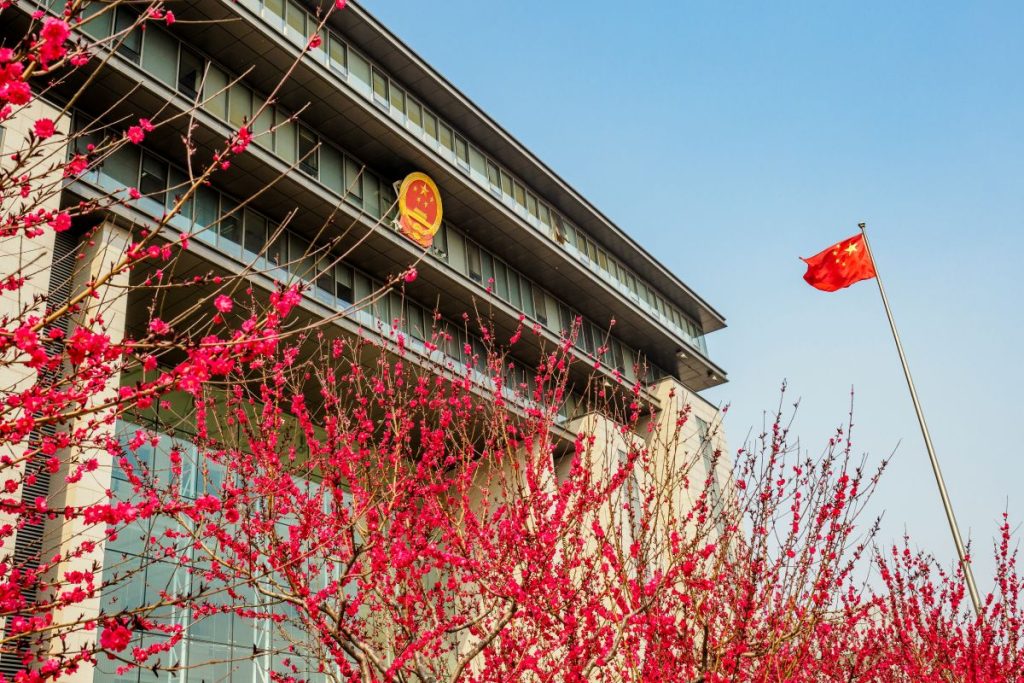China’s leader emphasizes stability and partnership as companies navigate U.S. tariffs and geopolitical uncertainty.
China Seeks to Counter Tariff Impact
As the U.S. escalates its trade war with a 25% tariff on foreign-made vehicles, Chinese President Xi Jinping has made a direct appeal to global business leaders. Meeting with around 40 executives from companies like Blackstone, Samsung, and Otis Worldwide, Xi presented China as a reliable economic partner amid rising protectionism.
Without naming specific countries, Xi criticized trade barriers and encouraged corporate leaders to advocate for open markets. “Some countries are building a small yard with high fences,” Xi remarked, calling for resistance against what he described as “zero-sum games.”
For companies with significant supply chain exposure in China, Xi’s assurances of market access and regulatory predictability will be under careful scrutiny. His emphasis on China as a “favorite destination” for investment reflects a concerted effort to maintain foreign capital inflows despite recent declines.
Evaluating the Business Landscape
The geopolitical landscape has become increasingly fraught. With trade tensions surging, companies must reassess their reliance on Chinese manufacturing and logistics. Multinationals with operations in China are now facing heightened risks, from retaliatory tariffs to increased regulatory scrutiny.
While some firms like Aramco signaled continued investment, others remain cautious. Reports of China summoning Walmart executives and blacklisting certain U.S. companies highlight the real-world impacts of escalating trade disputes. Supply chain leaders will need to consider the balance between accessing China’s vast market and mitigating political and operational risks.
Adapting to a Shifting Trade Environment
Companies navigating the current trade landscape may need to explore alternative sourcing options and diversify manufacturing footprints to minimize reliance on politically sensitive regions. Establishing flexible supply chain networks will provide resilience against sudden regulatory changes. At the same time, maintaining strict compliance protocols will be essential to keep up with evolving tariffs and regulatory requirements.
Scenario planning is also key. Developing contingency plans that factor in potential retaliatory measures can reduce operational disruptions. Strong relationships with regional suppliers will further mitigate risks, ensuring stability in the face of geopolitical uncertainty.
While Xi’s outreach offers reassurances, companies must remain agile. The long-term success of navigating trade wars will depend on proactive supply chain diversification, operational resilience, and strategic diplomacy. Businesses that stay adaptive and vigilant will be better positioned to capture emerging opportunities in this complex global environment.




